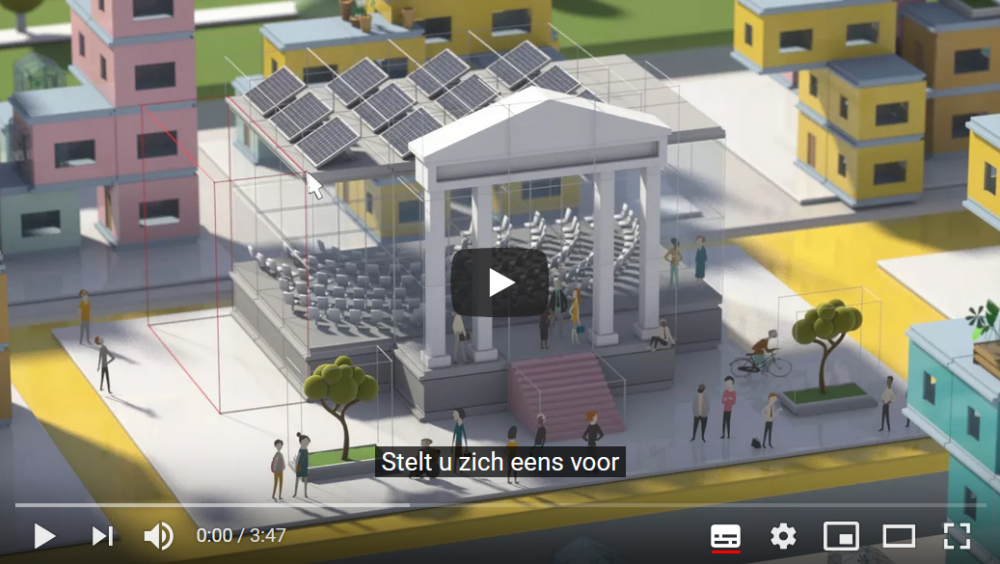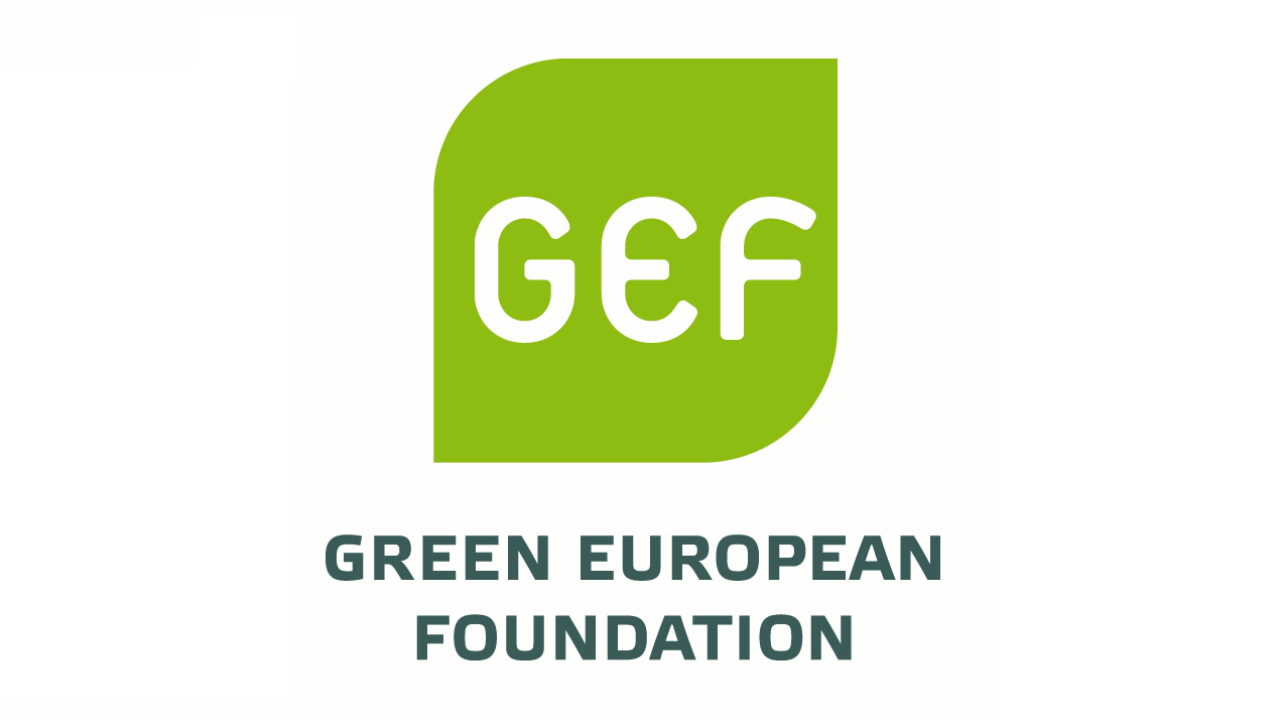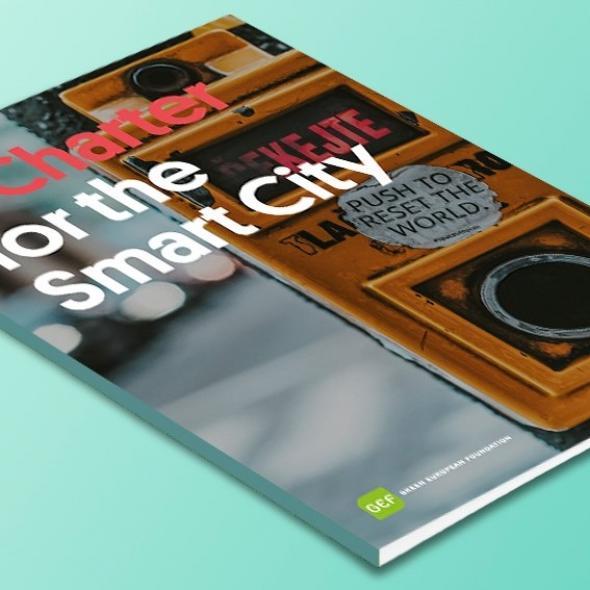A. Democratising the development of technology
The sharing of knowledge leads to more knowledge. The smart city expects the companies with which it cooperates not to erect walls around technology and data, in the form of patents, commercial secrets, and data licences. They should contribute the knowledge acquired to the public commons – unless there are clear risks of abuse. If a community shares in the risks of innovations, it is only fair for it to share in the returns as well.
Smart governments use open standards for ICT and free open source software: computer programmes of which the source code is public and which allow their users to modify and share them. Open ICT increases the transparency of the functioning of ICT systems and allows programmes from different providers to ‘talk’ to each other. This protects governments from being shackled to a supplier (vendor lock-in). Open ICT also facilitates the exchange of information with citizens and helps to ensure that data remains accessible in the long term.
The city of Barcelona spends 80 per cent of its ICT budget on open source projects[1] because it wants to have control over its own computing.[2] The municipality makes the open source software it develops available to others by publishing it on portals such as GitHub[3] and Joinup[4]. This includes the (source) code of its advanced citizen participation platform Decidim, which has been adopted by dozens of other cities, from Helsinki to Mexico City.[5]
From digital signatures to WiFi connections, the reliability of technology can be enhanced by implementing voluntary standards. Those standards are usually developed by stakeholders under the auspices of standardisation organisations such as ISO and CEN. Governments also make use of these standards or request companies and organisations to comply with them. However, government transparency is compromised if these standards can only be consulted against payment, as is often the case. Governments should either refrain from using or referring to standards that are locked behind a paywall, or strive to make them freely available.
The algorithms that a government uses for decision-making must be verifiable and allow the government to justify its decisions.[6] The intellectual protection of an algorithm – for example, when it is purchased from a company – must not stand in the way of its verifiability or of the government’s duty to state reasons.



